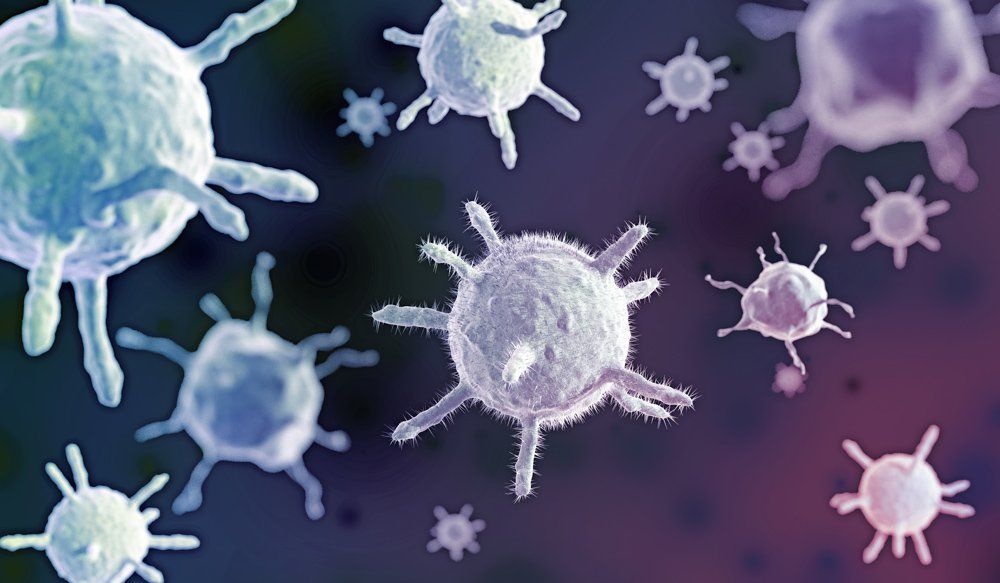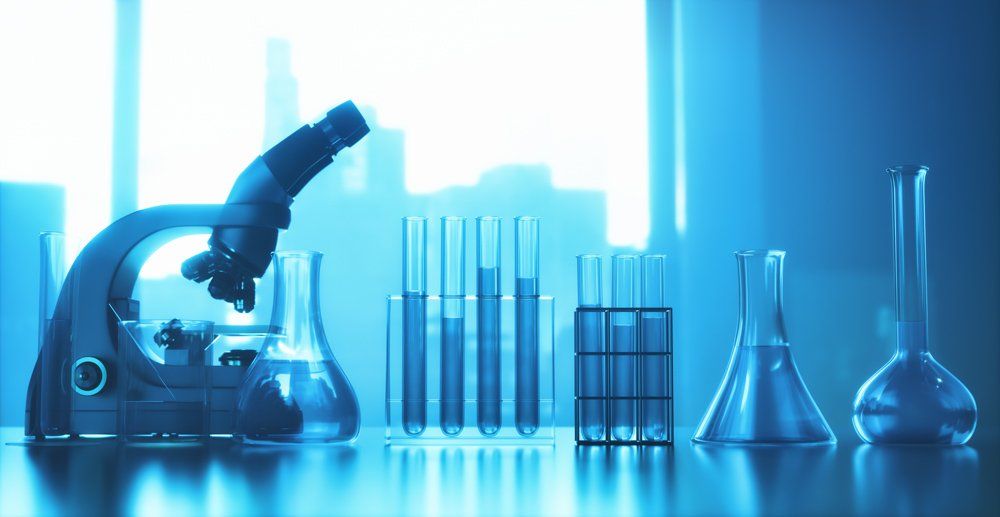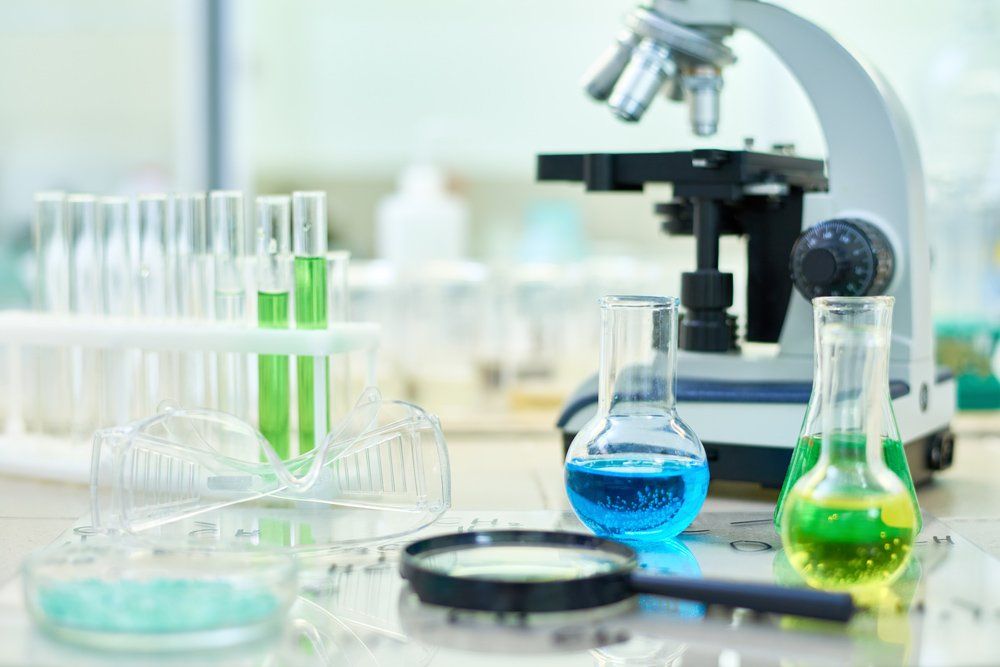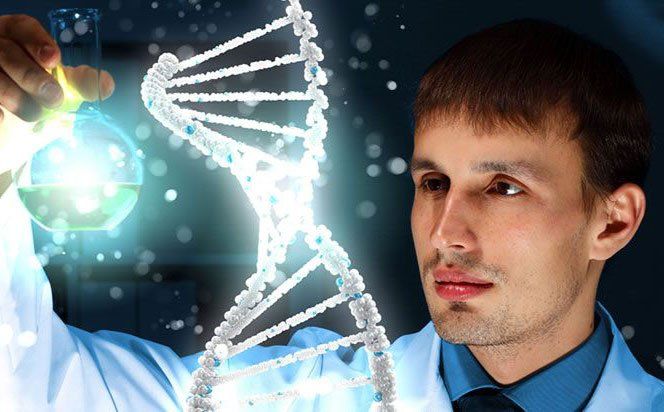Sign in or Register
GENOME WIDE EXPRESSION CHANGES IN VASCULAR TISSUE IDENTIFIED DUE TO INFECTION DIET
Although it has been shown that a diet high in fat and exposure to certain bacteria can cause atherosclerosis (the buildup of fats, cholesterol and other substances on artery walls which can restrict blood flow), researchers have for the first time identified distinct gene pathways that are altered by these different stimuli. These findings, which currently appear in BMC Genomics, suggest that future therapies for this disease may need to be individualized.
Atherosclerosis is a common human disease associated with heart attack and stroke. Certain bacteria as well as high fat diet are associated with an increased risk for atherosclerosis. One of these bacteria, Porphyromonas gingivalis, is found in the mouth of humans with periodontal disease; another, Chlamydia pneumoniae, causes pneumonia.
In this study, the researchers used four experimental groups to compare genome-wide expression changes in vascular tissue. The first group was subjected to Porphyromonas gingivalis while the second group received Chlamydia pneumoniae. The third group was placed on a high-fat diet while the fourth group was the control. In collaboration with the Clinical and Translational Science Institute (CTSI) at Boston University, the researchers performed genome-wide microarray profiling and analysis of vascular tissue from all groups to reveal gene pathways altered in the atherosclerotic plaque by each treatment group.
"Given the prevalence of diet-induced obesity and infection with Porphyromonas gingivalis and Chlamydia pneumoniae in the general population and the likelihood of co-morbidity of obesity with chronic or recurring infection with these common pathogens, these findings suggest that the development of atherosclerosis in humans is likely more complex and multifactorial than previously appreciated," explained senior author Caroline Attardo Genco, PhD, professor of medicine and microbiology at BUSM. "These findings may explain how specific infections or a high-fat diet may cause atherosclerotic plaques to undergo changes which affect their size and stability and may ultimately lead to a heart attack," she added.
Story Source:
The above story is based on materials provided by Boston University Medical Center. Note: Materials may be edited for content and length.

Browse Our Website
Contact Information
All Rights Reserved | Protein One LLC.










